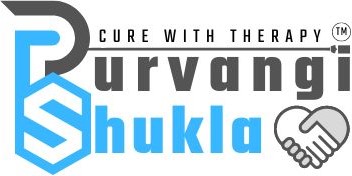Counselling for Work Life Balance in Ahmedabad | India
Work-life balance is a crucial aspect of overall well-being, and seeking counseling can be a helpful step in achieving a healthier balance between work and personal life. A counselor or therapist can provide guidance, support, and practical strategies to help you navigate the challenges associated with balancing your professional and personal responsibilities. Here are some ways counseling can assist you in improving work-life balance:
Self-Reflection:
Counseling provides a safe space to reflect on your values, priorities, and goals. By exploring your desires and what truly matters to you, you can gain clarity about what kind of work-life balance you want to achieve.
Goal Setting:
A counselor can help you set realistic and achievable goals related to work-life balance. They can assist you in defining clear objectives and developing a plan to attain them, ensuring that your goals align with your values and long-term well-being.
Identifying Boundaries:
Establishing boundaries is essential for maintaining work-life balance. A counselor can help you identify and communicate boundaries effectively, both with your employer and in your personal relationships. They can guide you on setting limits around work hours, email checking, and prioritizing personal time.
Stress Management:
Balancing work and personal life can often lead to increased stress. A counselor can teach you stress management techniques such as mindfulness, relaxation exercises, and coping strategies. These tools can help you better manage stress and prevent it from negatively impacting your well-being.
Time Management:
Effective time management is key to achieving work-life balance. A counselor can assist you in evaluating how you currently manage your time, identifying areas where improvements can be made, and suggesting strategies to optimize your time allocation.
Prioritization:
Sometimes, it's challenging to prioritize tasks and responsibilities effectively. A counselor can help you identify your priorities, differentiate between urgent and important tasks, and make informed decisions about where to invest your time and energy.
Work Culture Evaluation:
Counseling can help you assess the impact of your work environment on your work-life balance. By exploring workplace expectations, norms, and values, you can gain insights into potential changes that may be necessary to improve your overall well-being.
Remember that counseling is a personalized process, and the specific approach and techniques used will depend on your unique circumstances. It's important to find a qualified counselor or therapist experienced in work-life balance concerns to ensure you receive appropriate support
Area of Expertise
Menu
